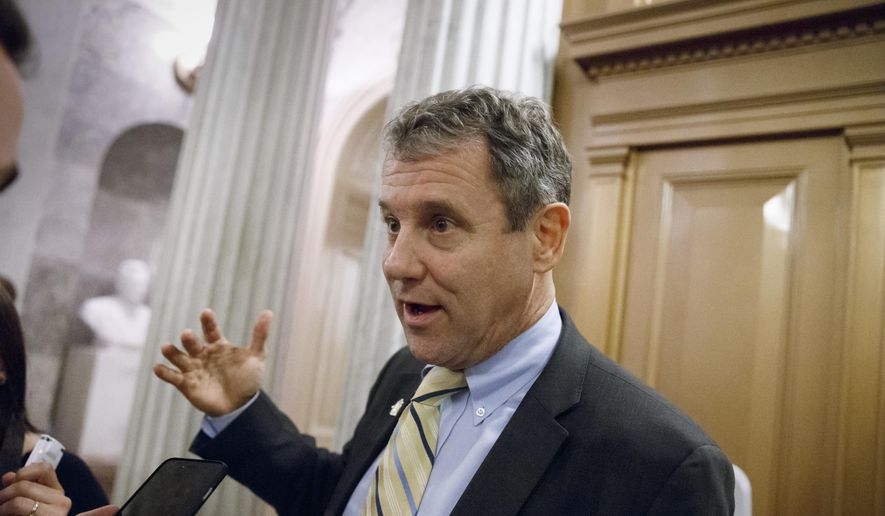OPINION:
If you have been nominated by the president for a federal judgeship, a top job in the executive branch or a government job related to finance and banking, you shouldn’t quit the job you have now. There’s a backlog of nominees waiting for confirmation votes, and there won’t be many of those in the new year.
The Democrats will view with alarm how the Republicans are cultivating the backlog, adding to it with nearly every presidential appointment, but Democrats can hardly point with pride to their own performance in similar circumstances. It’s a familiar ritual, with partisans in the U.S. Senate, which approves or vetoes many presidential appointments, always eager to delay votes in the final year of a president’s term.
The appointments will die with the inauguration of a new president, so the name of the game is delay. The delays are particularly crucial this year because Mr. Obama is constitutionally prevented from running for re-election, and a new president in 2017 is guaranteed.
The logjam is particularly evident at the Senate Banking Committee, where the delays are without recent precedent. Some agencies report that their operations are hobbled by the delay.
“I don’t understand this,” a plaintive Sen. Sherrod Brown of Ohio, the top Democrat on the Senate Banking Committee, tells The Wall Street Journal. “I’ve never seen anything quite like this in the Congress of the United States.” But if that’s so, Mr. Brown, who was elected to the Senate in 2007, hasn’t been paying attention, either on Capitol Hill or before that in his high-school civics class. Both parties do the slow-walking dance, where sharp elbows are used with skill. Nobody confuses Congress with the League of Women Voters.
When Mr. Brown tried to go around the banking committee to get direct action in the Senate for six nominees, Sen. Richard Shelby of Alabama, the Republican chairman of the committee, went to the Senate floor to put down Mr. Brown’s breach of Senate custom. He said he was holding up two nominations to the governing board of the Federal Reserve in particular because the White House ignored a congressional directive, adopted in the wake of the financial crisis, to create a czar to oversee financial regulation at the Federal Reserve.
Long delays in confirmations are not unusual. Sen. Shelby worked hard to deny confirmation of Peter Diamond, who was nominated three times to the board of the Federal Reserve in 2010. The Senate did not actually reject him, but made no decision and twice sent the nomination back to the White House. The third nomination died when Mr. Diamond withdrew his name, saying he realized that his nomination would never get out of committee and to the floor of the Senate.
It’s all about politics, of course, which is the game everyone comes to Congress to play.




Please read our comment policy before commenting.